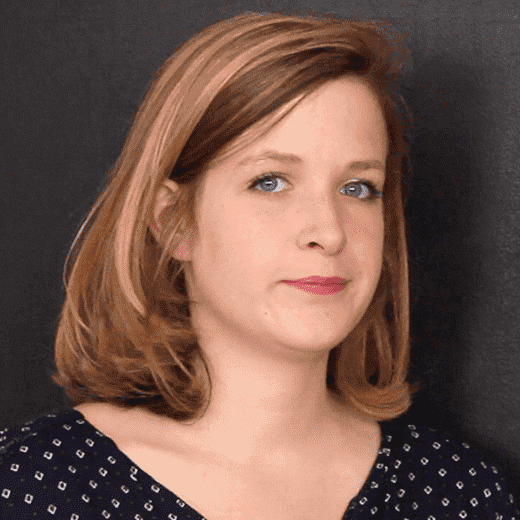L'énoncé
Trouve la ou les réponses à chaque question parmi les propositions suivantes.
Tu as obtenu le score de
Question 1
I can't wait to be tomorrow evening,…
my sister is going to come back home.
Non, on a un repère temporel et une action prévue, et l'action ne va pas se réaliser tout de suite, il ne faut donc pas utiliser la formule "be + going to + B.V."
my sister will come back home.
Non, l'action est prévue depuis longtemps, puisque l'énonciateur dit qu'il a hâte ("I can't wait"), il ne faut donc pas utiliser "will".
my sister is coming back home.
On a un repère temporel : "tomorrow evening" et l'action est prévue depuis longtemps.
Question 2
Look, the restaurant is near the theatre,…
we are going to have dinner there tomorrow.
Non, la décision vient juste d'être prise.
we will have dinner there tomorrow.
we are having dinner there tomorrow.
Non, la décision vient juste d'être prise.
La décision vient juste d'être prise.
Question 3
Wait a minute,…
I'm going to help you.
I will help you.
Non, l'action va se réaliser très bientôt, dans une minute.
I am going to help you.
L'action va très bientôt être réalisée.
Question 4
This year, …
we will expect a really cold winter.
Non, on ne vient pas de prendre de décision, c'est une prévision.
we are expecting a really cold winter.
we are going to expect a really cold winter.
Non, on fait une prévision sur le long terme, le froid hiver ne commence pas tout de suite.
On fait une prévision, l'action future est prévue.
Question 5
I am really hot now, I…
am going to open the window.
Non, la décision vient d'être prise, au moment où l'on parle.
am opening the window.
Non, la décision vient juste d'être prise.
will open the window.
La décision d'ouvrir la fenêtre est prise au moment même où l'on parle.
